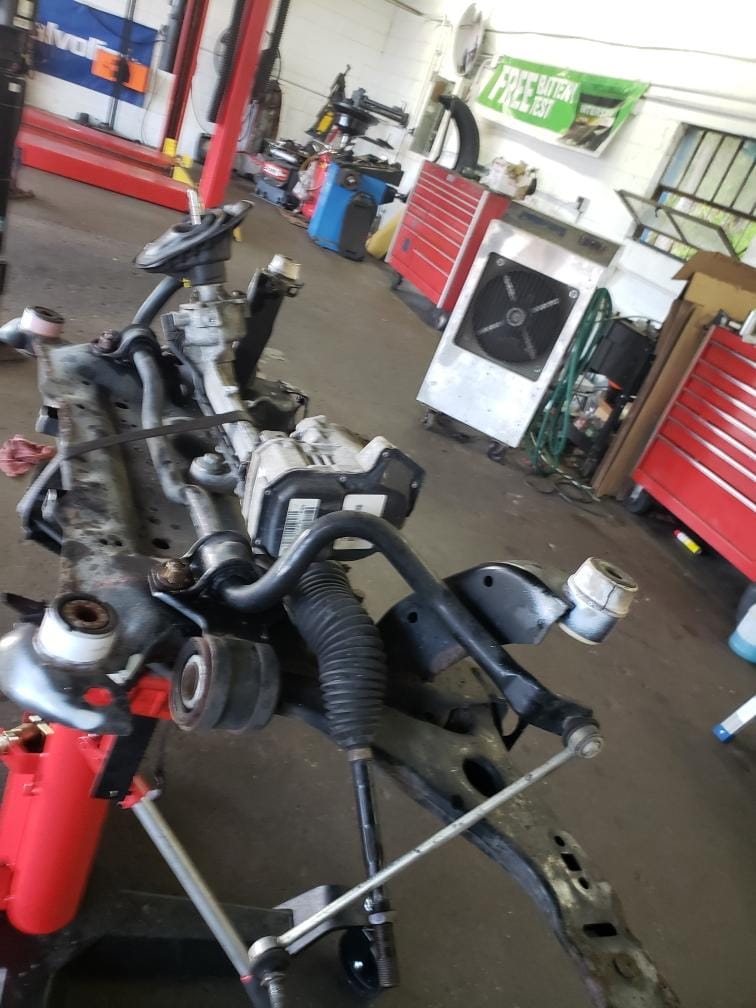There are several reasons why automotive repair shops might choose not to install customer-supplied parts:
- Warranty and liability concerns: When a repair shop installs parts, they typically provide a warranty for the labor and the parts they supply. However, when using customer-supplied parts, it becomes difficult for the repair shop to offer any warranty, as they cannot guarantee the quality or suitability of the parts. This can also expose the repair shop to potential liability issues if the part fails or causes damage to the vehicle.
- Quality control: Repair shops often have established relationships with reputable parts suppliers and manufacturers, ensuring they use high-quality, reliable parts. Customer-supplied parts may be of unknown quality, which can lead to poor performance, premature failure, or safety concerns.
- Profitability: Repair shops often make a profit on the parts they sell and install, which helps cover their overhead costs and keeps their labor rates competitive. By installing customer-supplied parts, the repair shop may lose out on this revenue stream, potentially impacting their overall profitability.
- Compatibility and fitment issues: When customers supply their own parts, there is a risk that the parts may not be compatible with the vehicle or may not fit properly. This can lead to delays, additional labor costs, and potential damage to the vehicle. Repair shops prefer to source their own parts to avoid these issues and ensure a seamless repair process.
- Time and resource management: Sourcing and verifying the compatibility of parts can be time-consuming. Repair shops may prefer to work with their trusted suppliers to streamline the process and minimize the time spent on parts acquisition.
- Reputation and customer satisfaction: Repair shops rely on their reputation for providing quality service and repairs. Installing customer-supplied parts can introduce variables that may compromise the quality of the repair, which can negatively impact customer satisfaction and the shop's reputation.
In summary, repair shops may choose not to install customer-supplied parts due to warranty and liability concerns, quality control, profitability, compatibility and fitment issues, time and resource management, and maintaining their reputation and customer satisfaction.
